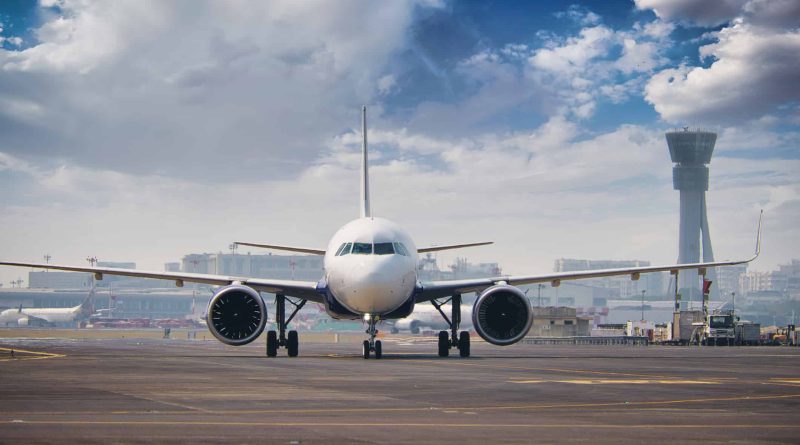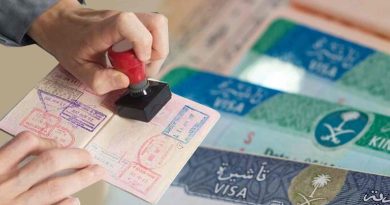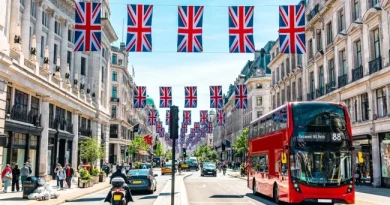Indian eVisas and Understanding Visa Rejections
Introduction
Traveling to India is a dream for many, thanks to its rich culture, historical heritage, and diverse landscapes. For international travelers, the Indian eVisa system offers a convenient way to obtain visas for various purposes. In this article, we’ll explore the different types of Indian eVisas and gain insights into why Indian visa applications might get rejected and how to avoid such rejections.
Navigating Indian eVisas
Simplified Visa Procedures
Indian eVisas have simplified the process of obtaining travel documents for international visitors. These electronic visas are available for various purposes, including tourism, business, medical treatment, and more.
Types of Indian eVisas
- e-Tourist Visa (eTV): The e-Tourist Visa is suitable for travelers intending to explore India’s tourist attractions and cultural heritage.
- e-Business Visa (eBV): The e-Business Visa is designed for individuals traveling to India for business-related purposes, such as meetings, conferences, or trade.
- e-Medical Visa (eMV): The e-Medical Visa is for international patients seeking medical treatment in India’s world-renowned healthcare facilities.
- e-Medical Attendant Visa (e-MedA): This visa is for accompanying family members or caregivers of patients traveling to India for medical treatment.
- e-Conference Visa (eCV): International delegates attending conferences, seminars, or workshops can apply for the e-Conference Visa.
- e-Study Visa (eSV): Students enrolling in academic courses at Indian institutions require the e-Study Visa.
Eligibility and Application Process
To apply for an Indian eVisa, follow these steps:
- Visit the official website: TYPES OF INDIAN EVISA.
- Complete the online application form, providing personal details, intended duration of stay, and purpose of the visit.
- Gather the necessary documents, including a valid passport, passport-sized photograph, and any specific documents required for your chosen visa category.
- Pay the application fee and submit your visa application.
- Upon approval, you’ll receive an email confirmation.
- Travel to India, presenting your passport, visa approval email, and essential documents at the immigration counter.
Understanding Indian Visa Rejections
Why Indian Visa Applications Get Rejected
INDIAN VISA REJECTED can be disappointing, but understanding the common reasons for rejection can help you avoid them:
- Incorrect Documentation: Submitting incomplete or inaccurate documents can lead to rejection. Always double-check the requirements for your visa category.
- Overstay History: If you have previously overstayed a visa in India, your new application may face scrutiny.
- Criminal Record: Having a criminal record can lead to a visa rejection. It’s essential to disclose accurate information on your application.
- Wrong Visa Category: Choosing the incorrect visa category for your purpose of travel can result in rejection.
- Insufficient Funds: Lack of evidence of sufficient funds to cover your stay in India is a common reason for rejection.
- Inconsistent Information: Any discrepancies in your application, such as contradictory travel plans, can raise red flags.
Avoiding Rejections
To avoid visa rejections, follow these guidelines:
- Thoroughly Read Instructions: Carefully read the application guidelines and requirements for your chosen eVisa type.
- Accurate Information: Provide accurate and honest information on your application. Double-check your details before submission.
- Complete Documentation: Ensure you submit all required documents and that they are in the prescribed format.
- Sufficient Funds: Show evidence of adequate financial resources to support your stay in India.
- Follow Guidelines: Adhere to the visa guidelines, including respecting the duration of stay and adhering to the purpose of your visa.
- Previous Travel History: If you have overstayed a visa in India, consider addressing the issue and providing a valid explanation.
Conclusion
India’s diverse landscapes, historical landmarks, and vibrant culture make it an attractive destination for travelers from around the world. The Indian eVisa system simplifies the visa application process, offering a range of visa categories to accommodate various purposes of travel.
Understanding the types of Indian eVisas, along with the common reasons for visa rejections and how to avoid them, is crucial for international travelers. By following the guidelines, providing accurate information, and submitting complete documentation, you can increase your chances of obtaining an Indian eVisa and embarking on a memorable journey through this remarkable country. Remember to refer to the official Indian visa website for the most up-to-date information on eligibility criteria, application processes, and requirements. Your adventure in India awaits, and a successful eVisa application can be the key to unlocking its wonders.




